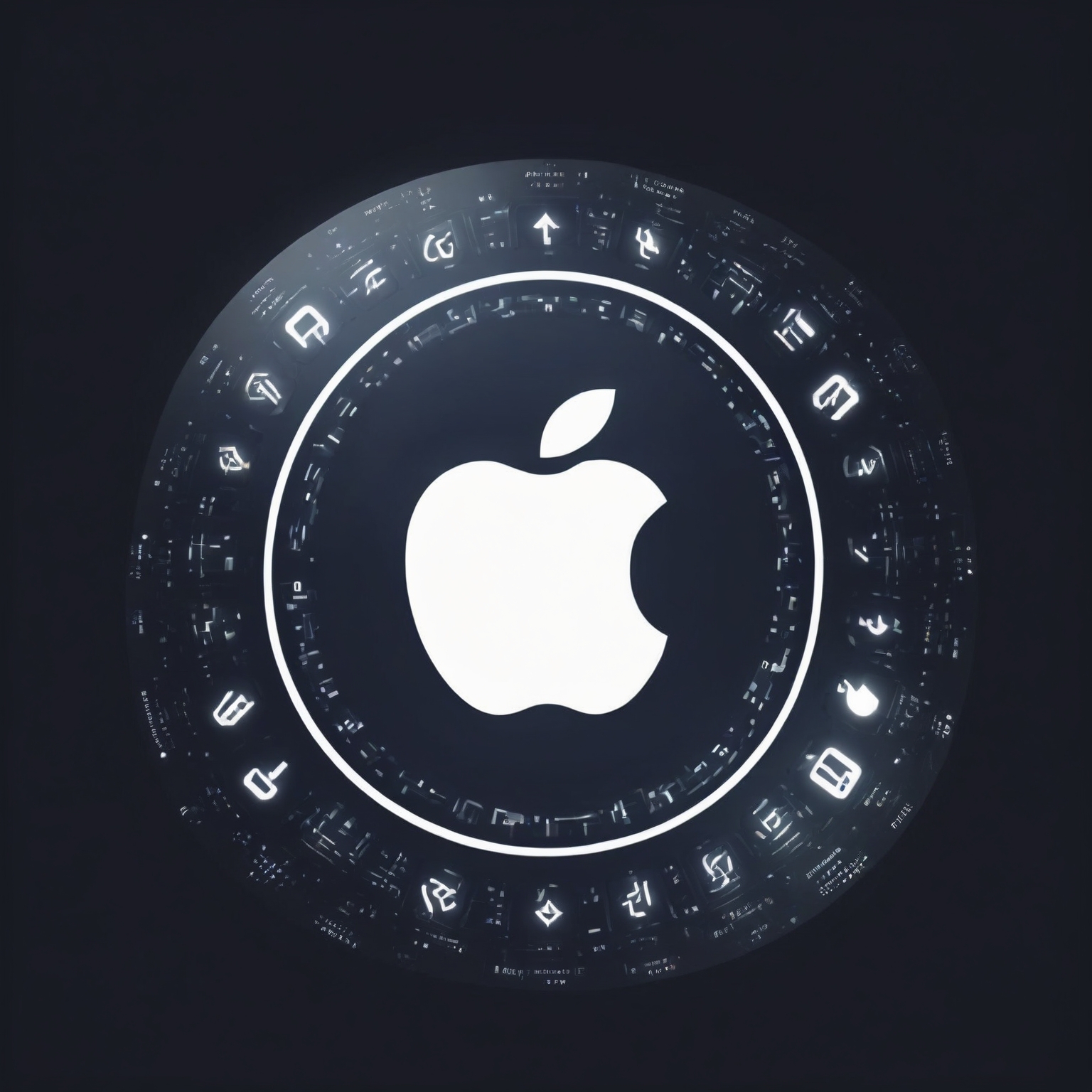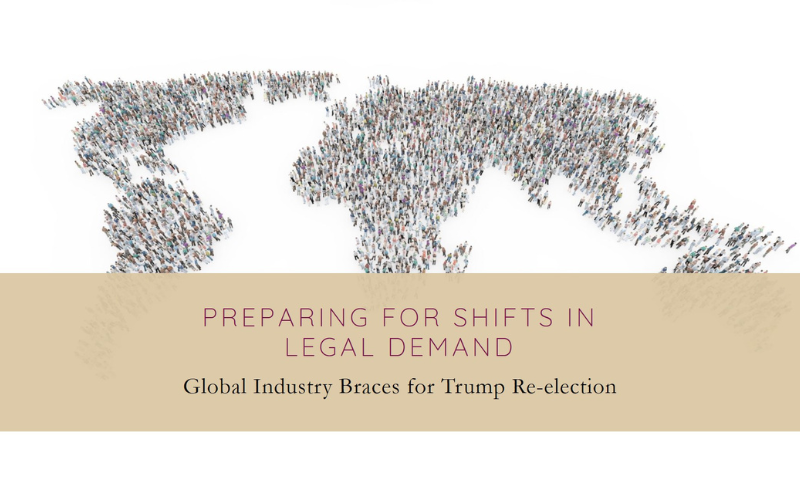Nearly eight months after Microsoft secured non-voting seats on OpenAI’s board, and within weeks of Apple securing a similar position, both tech giants have opted out of their roles. This abrupt backtracking has left many wondering what caused their sudden exit after their initial involvement and announcements.
Most reports are focusing on the regulatory spotlight on Apple and Microsoft and their affiliation with OpenAI. However, there are a few more factors to consider.
Firstly, it’s important to note that taking seats on a board with non-voting rights is unconventional, and this was the arrangement both Microsoft and Apple had with OpenAI. Why are such seats unconventional?
- Non-voting seats have limited influence.
- There is limited accountability and responsibility on governance, which shareholders, employees, and regulators expect.
- Voting rights ensure that all board members are aligned with the organization’s strategic direction and decisions. Non-voting members have limited to no say on strategic direction and decisions.
This setup is particularly relevant in the context of OpenAI’s work with large language models like GPT-3, which play a crucial role in the development of artificial general intelligence. AI safety and responsible AI development are paramount concerns, and non-voting seats might not provide sufficient oversight on these critical issues.
Secondly, OpenAI spokesperson Steven Sharpe expressed the organization’s gratitude toward Microsoft, stating, “We’re grateful to Microsoft for voicing confidence in the Board and the direction of the company, and we look forward to our successful partnership.” This diplomatic response, however, came after Microsoft made a public statement to OpenAI: “We’ve witnessed significant progress from the newly formed board and are confident in the company’s direction, making an ongoing observational role unnecessary.”
Does this insinuate that at one point Microsoft did not have confidence in the way OpenAI was operating and wanted to keep a closer eye on the company? Considering Apple took a similar seat on OpenAI’s board just weeks ago without any clear signs of concern or needing to have operational oversight, there’s further speculation.
The openAI API, which allows developers to generate text with AI, is a significant part of their offerings, influencing industries like creative writing, code generation with AI, and AI for data analysis. It’s understandable that Microsoft and Apple would initially want a closer look at OpenAI’s strategies regarding natural language processing and deep learning.
Thirdly, neither company is completely stepping out. Sharpe said that Microsoft and Apple will attend “regular stakeholder meetings to share progress on our mission and ensure stronger collaboration across safety and security,” reported The Verge.
So the question remains, why did Microsoft and Apple both become trigger shy and pull back on their “non-voting” seats, and why was a new model created whereby both tech giants would receive “status updates” versus “non-voting rights” on a board?
Strong speculation is that both Microsoft and Apple don’t think the juice was worth the squeeze.
- There is greater scrutiny by having “non-voting” board seats.
- It triggered a request to provide documentation for a current deal in flight.
- This has made both tech giants feel uneasy since global regulators are concerned with Big Tech leveraging dominance into new technology. The board seats catalyzed a movement under the EU antitrust law and could be under scrutiny with the FTC and DOJ.
EU competition chief Margrethe Vestager sent a letter to the tech giants and received replies, after which she said, “We have reviewed the replies, and are now sending a follow-up request for information on the agreement between Microsoft and OpenAI. To understand whether certain exclusivity clauses could have a negative effect on competitors.” Vestager has also gone on record stating that there are concerns that Big Tech can block smaller AI developers from reaching users and businesses, limiting the breadth, depth, and span of reach.
Furthermore, Vestager went so far as to kick off an investigation into Google’s arrangement with Samsung, a multi-year deal that embeds Google’s generative artificial intelligence technology into Samsung’s Galaxy S24 series smartphones. In a recent interview, Vestager said, “We are also sending requests for information to better understand the effects of Google’s arrangement with Samsung to pre-install its small model Gemini Nano on certain Samsung devices.”
All this is to say, it’s possible that neither Microsoft nor Apple want to be under scrutiny and within the watchful eye of a variety of global AI regulators. Therefore, they have chosen to back down from a position that would create too much exposure, too many questions, and potentially further catalyze a series of inquiries which wouldn’t bode well for either company.
Furthermore, it suggests that even the most influential players in the tech world are grappling with the challenges and uncertainties surrounding the development, governance, and newly minted regulations on artificial intelligence. Even the big guys are now having to adjust their strategies and involvement as the situation demands.
This situation not only impacts the future of AI but also highlights the growing importance of ethics of AI and responsible AI development. Careers at OpenAI and investments in OpenAI are likely to be influenced by these developments. Moreover, it opens up opportunities for OpenAI competitors to step in and collaborate with these tech giants under less regulatory scrutiny. This dynamic underscores the ever-evolving landscape of artificial intelligence research and its implications for global technology governance.



